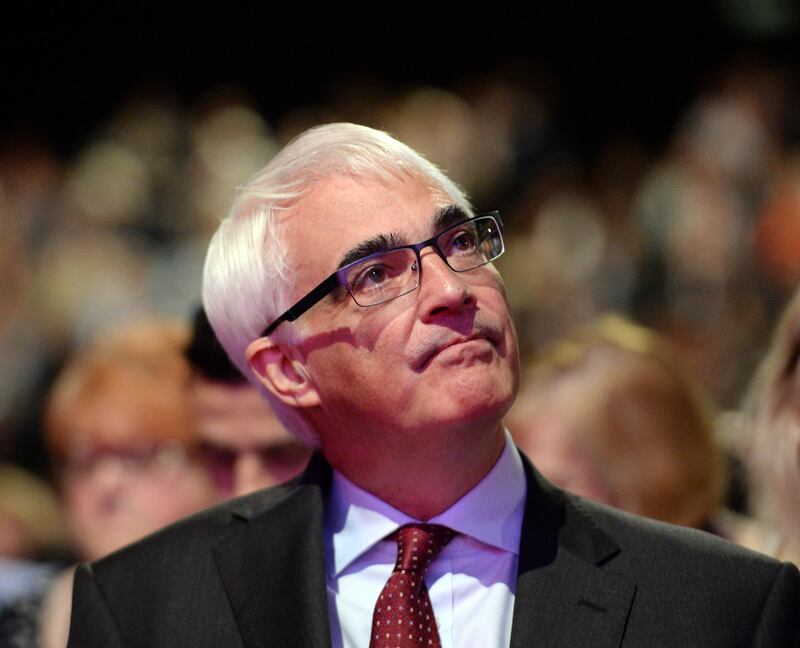The political fallout from the 2008 global banking crisis has been immense with lawmakers across the world still grappling with its implications, the UK’s former finance minister told the BBC.
Alistair Darling, who heading the ministry from 2007 to 2010, admitted that the UK government had been ill-prepared for the run on a UK bank that heralded the crisis, and triggered a series of events that included Britain’s vote to leave the European Union.
He blamed the austerity programme brought in by the Conservative government to deal with the crisis for creating the conditions that led to the vote last year to leave the European Union.
“We live in a much narrower, darker world that we did ten years ago,” he said. “I believe austerity paved the way for Brexit. We live in a much darker world, more inclined to protectionism and nationalism, and so the political fallout has been absolutely immense.
“And we’re not through it yet. It became an economic crisis and then a deeply political crisis which we’re living through, and I think politicians across the world are struggling to deal with it.”
The crisis in the UK was prompted by a run on the Northern Bank, which prompted people to queue up to withdraw savings even when the central bank gave a guarantee that savings were safe.
“We thought that the Bank of England stepping in ought to reassure people. Clearly it didn’t,” he said.






